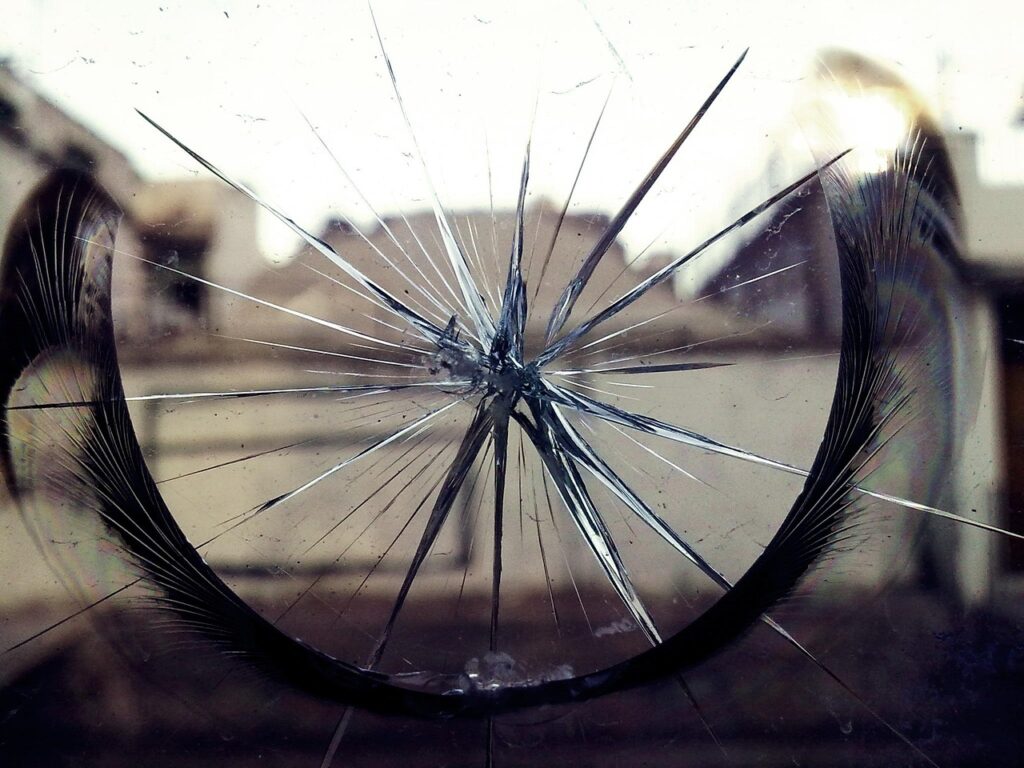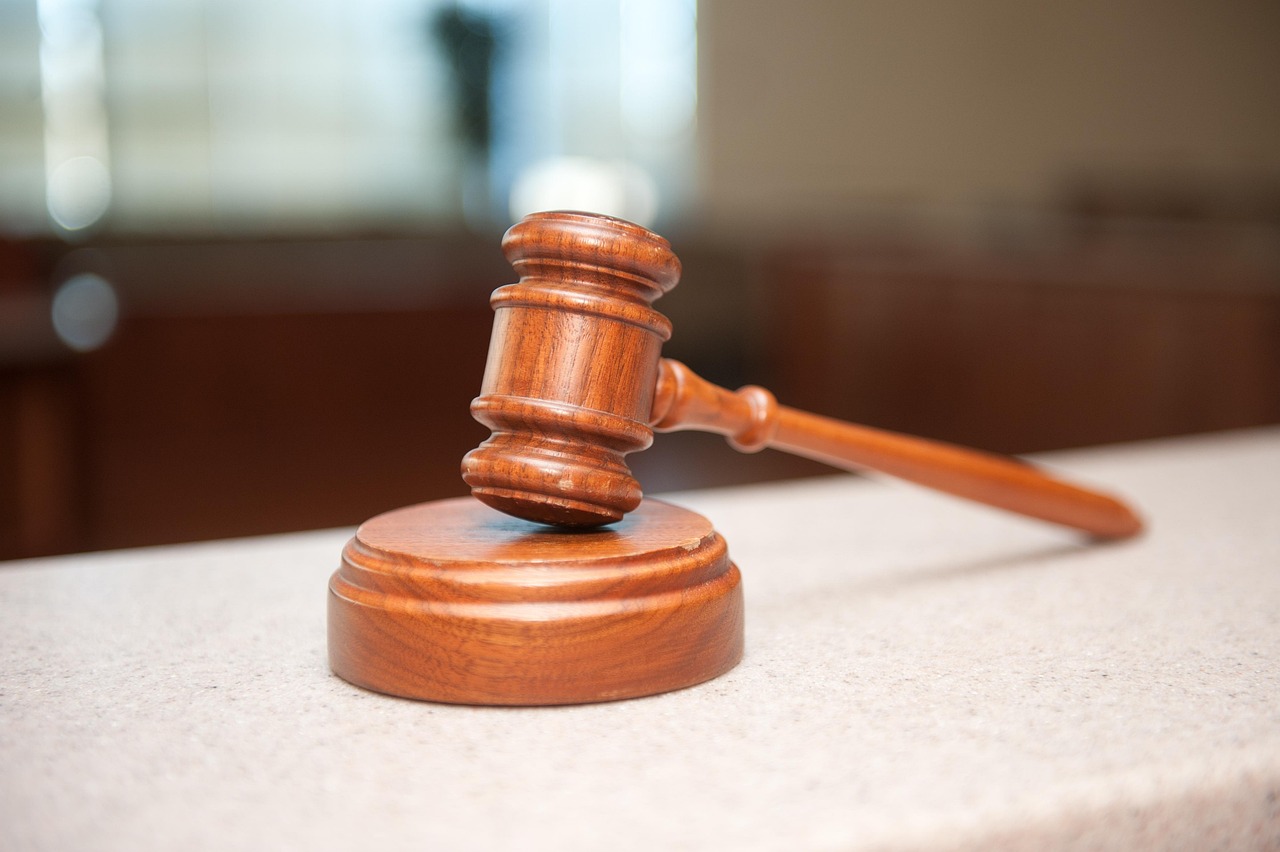Now Reading: From Impact to Action: The First Hour That Matters Most
-
01
From Impact to Action: The First Hour That Matters Most

From Impact to Action: The First Hour That Matters Most
Shock blurs judgment. A person’s brain after a crash isn’t working at full capacity. Adrenaline floods the system. Fear takes over. Confusion clouds thinking. Yet the clock starts ticking immediately. Decisions made in those first minutes and hours after impact shape every outcome that follows.
Medical outcomes depend on how quickly help arrives. Legal outcomes depend on how thoroughly the scene gets documented. Financial outcomes depend on prompt reporting. Knowing what to do after a car accident in Tampa can turn chaos into control.
The first hour is critical because details disappear. Witnesses leave before being identified. Hazard conditions fade. Memory becomes unreliable. Evidence sits exposed to weather and contamination. Every minute that passes makes the accident harder to prove and harder to properly investigate.
The steps taken in those first moments determine whether the case is strong or weak months later. A case that started with good documentation and quick action is much stronger than a case that started with confusion and delay.
Secure and Assess
Safety comes first. If you’re in a vehicle and able to move, get to a safe location if possible. Turn on hazard lights. Move vehicles out of traffic if they’re operational and safe to move. Call emergency services if anyone is injured. The immediate priority is preventing additional accidents and getting help for injured people.
Photos matter enormously. Modern phones make photography easy. Get photos of vehicle damage from multiple angles. Get photos of the accident scene, including street conditions, traffic signals, and anything relevant to understanding what happened. Take photos of the other vehicle, including the license plate. Take photos of the other driver’s identification and insurance information. Take photos of injuries if they’re visible. Comprehensive photos are evidence that will matter weeks or months later.
Document the scene quickly while conditions are as they occurred. Weather conditions. Lighting. Road surface. Any hazards that contributed. Get details while your memory is fresh. Write down what you remember before details fade. The notes created at the scene carry more weight than memories reconstructed later.
Record and Report
Call police. Most jurisdictions require accident reporting for significant accidents. A police report creates an official record. That record becomes important evidence. Even if police don’t seem necessary, the official report matters. Call emergency services and let them decide whether to send someone or create a report.
Get contact information from the other driver and any witnesses. Name. Phone number. Address. Driver’s license number. Insurance information. Vehicle information. Write it down. Don’t rely on memory. Get it in writing at the scene.
Get witness statements if possible. Ask people what they saw. Write down or record their responses. Witness statements made at the scene are powerful evidence. Witnesses who left are hard to find later.
Seek and Protect
Seek medical care even if you feel fine. A medical evaluation creates documentation. It establishes baseline information about your condition at the time of the accident. Get that evaluation recorded in official medical records. Even minor symptoms should be documented because they might develop into something more serious.
Contact an attorney early. Many personal injury lawyers offer free consultations. An early consultation helps ensure your rights are protected. An attorney can advise you on what not to say to insurance companies, how to preserve evidence, and what steps to take next. Early legal consultation prevents costly mistakes.
Preserve evidence. Keep photos. Keep medical records. Keep receipts. Keep communications with insurance companies. Keep everything related to the accident. This evidence will matter in negotiations or trial.
Calm Beats Panic
Preparation saves both life and leverage. The case that starts well, with good documentation and quick action, proceeds more smoothly than the case that starts chaotically. The person who acts with intention in those first moments sets the foundation for everything that follows. That foundation determines whether the case is strong or weak, whether the recovery is smooth or difficult, whether justice is achieved or compromised.










